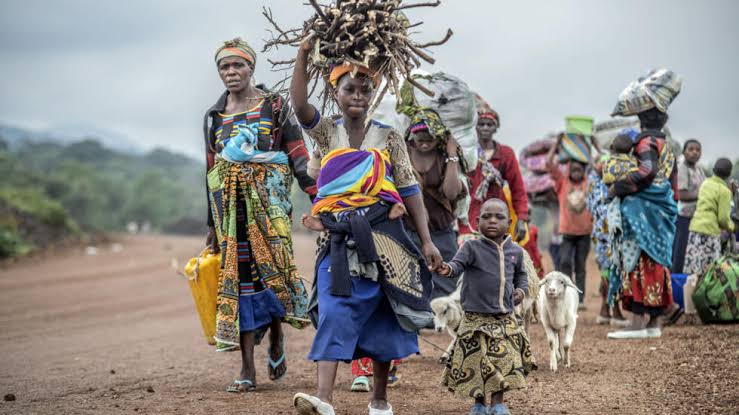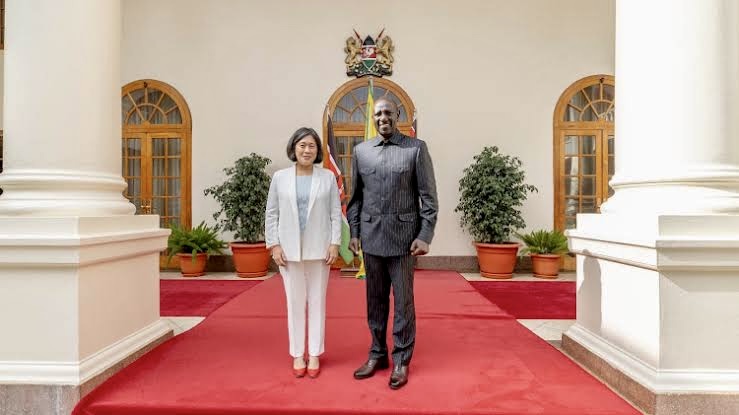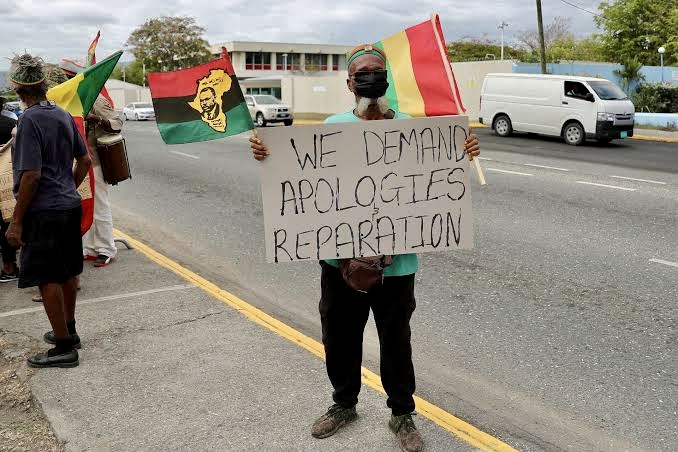
Faith Nyasuguta
Human rights experts express grave concern over the deteriorating security situation in the eastern Democratic Republic of Congo (DRC) as armed violence escalates, threatening human rights not only within the country but also regionally.
The U.N. High Commissioner for Human Rights, Volker Türk, warns of catastrophic consequences for civilians amidst the pervasive armed conflict that has engulfed the region. During an interactive dialogue at the U.N. Human Rights Council, Türk and other experts highlighted the alarming levels of violence and human rights violations witnessed in the DRC.
Türk notes that since the last update to the council in October, the situation in the eastern part of the country has continued to deteriorate, with armed conflict taking a heavy toll on the civilian population. He expresses deep concern about the spread of conflict and violence throughout the region and the active involvement of other regional actors, exacerbating an already dire situation.
According to a report by the U.N. Joint Human Rights Office, there have been 2,110 documented human rights violations and abuses across the DRC between October 1, 2023, and March 15, 2024. These violations, which include summary executions, conflict-related sexual violence, abductions of civilians, and forced recruitment of children, are primarily committed by armed groups.
Türk stresses that many of these violations could amount to atrocity crimes, underscoring the urgent need for perpetrators and their accomplices to be held accountable.

In addition to the actions of armed groups, Türk highlights violations of international human rights and humanitarian law by the DRC’s army and its proxies. These violations include extrajudicial executions, arbitrary arrests and detentions, and the destruction of private property.
He also notes instances where the DRC’s army has attacked positions of the United Nations Stabilization Mission (MONUSCO), further complicating efforts to address the crisis.
Türk warns that the impending withdrawal of U.N. troops from the country, at the request of the Congolese government, could create a security vacuum that armed groups may exploit, leading to dire consequences for civilians. He stresses the importance of rapidly building up national armed forces in areas where populations depend on MONUSCO for security.
Bintou Keita, the Special Representative of the U.N. Secretary-General in the DRC and the head of MONUSCO, echoes Türk’s concerns, particularly regarding the deteriorating human rights and security climate in specific territories within North Kivu province.
She attributes this deterioration to intensified clashes between armed factions, including the M23, supported by the Rwandan armed forces, and the Congolese armed forces.
Keita emphasizes that recurring attacks on peacekeepers and the difficulty of accessing combat zones hinder the support that the U.N. and humanitarian organizations can provide to civilians in need. She urges all parties to the conflict to respect international humanitarian law and human rights principles.
During the interactive dialogue, human rights experts expressed concern about the Congolese government’s decision to lift the moratorium on the death penalty. They urge authorities to reconsider this decision, emphasizing the importance of upholding human rights standards.
Albert Fabrice Puela, the DRC’s Minister for Human Rights, defends the decision to reinstate the death penalty, citing the need to combat atrocities committed by warlords and treacherous soldiers. He acknowledges the challenges facing the government’s efforts to promote and protect human rights, attributing them to external aggression from Rwanda.

Rwanda’s ambassador to the U.N. in Geneva, James Ngango, rejects the accusations leveled against his country, asserting that the situation in the DRC constitutes a security threat to the region, including Rwanda. He calls for a peaceful resolution to the conflict, emphasizing the importance of dialogue and diplomacy.
Türk emphasizes that addressing the humanitarian crisis in the DRC requires a multifaceted approach that prioritizes dialogue, rule of law restoration, and peacebuilding efforts. He calls on the international community to support these efforts and work towards lasting solutions to the ongoing conflict and human rights abuses in the region.
RELATED:




